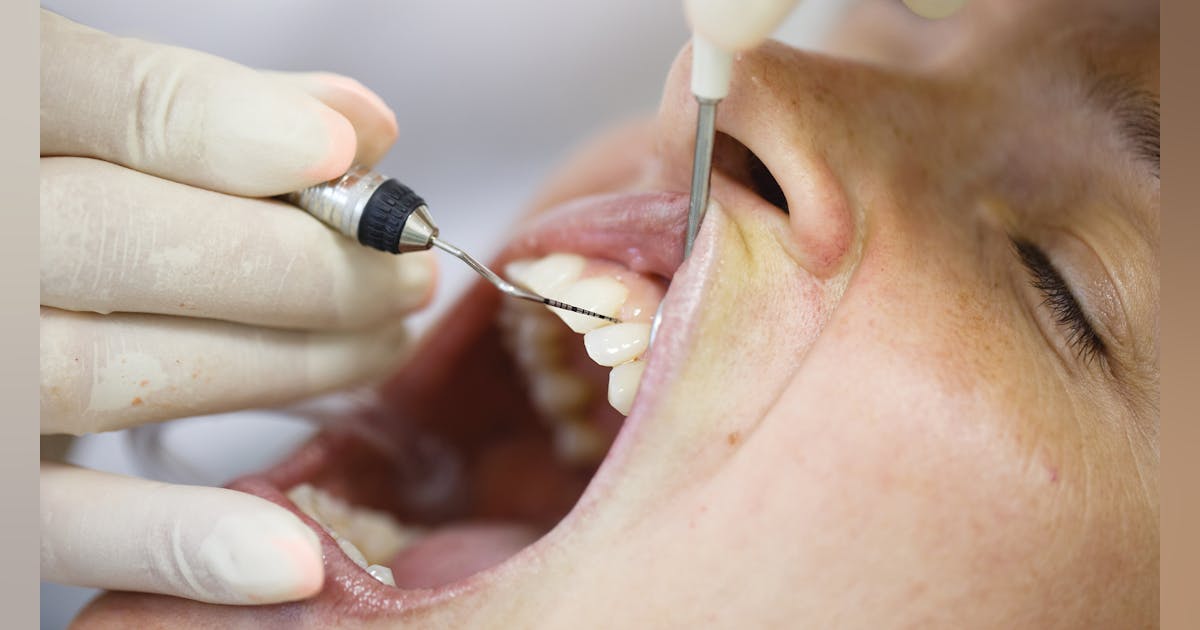
Essential Guidelines for Healthy Smiles: Dental Hygiene Unveiled
Achieving optimal dental hygiene is more than a routine; it’s a commitment to the health and longevity of your smile. In this comprehensive guide, we’ll explore the fundamental dental hygiene guidelines to ensure your teeth and gums remain healthy for years to come.
1. Brushing Basics for Effective Cleaning
The cornerstone of dental hygiene is regular and effective brushing. Use a soft-bristled toothbrush and fluoride toothpaste, brushing at least twice a day. Pay attention to each tooth’s surface, using gentle circular motions. Proper brushing removes plaque, prevents cavities, and promotes overall oral health.
2. Mastering the Art of Flossing
While brushing addresses the tooth surfaces, flossing is crucial for reaching the spaces between teeth. Flossing removes trapped food particles and plaque, reducing the risk of gum disease and cavities. Make flossing a daily habit to complement your brushing routine.
3. Choosing the Right Oral Care Products
Selecting the right oral care products enhances your dental hygiene efforts. Choose a fluoride toothpaste to strengthen enamel and a mouthwash with antibacterial properties. Consult your dentist to find products tailored to your specific oral health needs.
Now, for detailed insights and expert advice on dental hygiene, explore Dental Hygiene Guidelines. This resource provides valuable information to support your journey to a healthier smile.
4. The Importance of Regular Dental Check-ups
Regular dental check-ups are not just for emergencies; they are proactive measures for preventive care. Biannual visits to your dentist help identify and address potential issues early on, ensuring your oral health is in optimal condition.
5. Limiting Sugary and Acidic Foods
A crucial aspect of dental hygiene is maintaining a balanced diet. Limit the consumption of sugary and acidic foods, as they contribute to tooth decay and enamel erosion. Choose nutrient-rich foods that promote overall health and support strong teeth.
6. Hydration and Its Impact on Oral Health
Drinking water is not only essential for overall health but also for your oral well-being. Water helps rinse away food particles, reduces acidity in the mouth, and promotes saliva production. Staying adequately hydrated supports a healthy oral environment.
7. Tobacco and Its Detrimental Effects
Tobacco use poses severe risks to dental health. It can lead to stained teeth, gum disease, and even oral cancer. Quitting tobacco is a significant step towards preserving and enhancing your dental hygiene.
8. Addressing Teeth Grinding (Bruxism)
Teeth grinding, or bruxism, can cause significant damage to your teeth and jaw. If you notice signs like headaches or jaw pain, consult your dentist. They may recommend a nightguard to protect your teeth during sleep and address bruxism.
9. Supporting Children’s Dental Health
Instilling good dental hygiene habits in children is crucial for lifelong oral health. Teach them proper brushing and flossing techniques, limit sugary snacks, and schedule regular dental check-ups. Early intervention sets the foundation for a lifetime of healthy smiles.
10. Consistency: The Key to Lasting Results
Consistency is paramount in dental hygiene. Establishing a daily routine that includes proper brushing, flossing, and other oral care practices is essential. By maintaining consistency, you contribute to the longevity of your dental health.
In conclusion, optimal dental hygiene is a combination of daily practices, regular check-ups, and a mindful approach to overall health. By following these guidelines and seeking advice from Dental Hygiene Guidelines, you empower yourself to maintain a healthy and radiant smile throughout your life.



